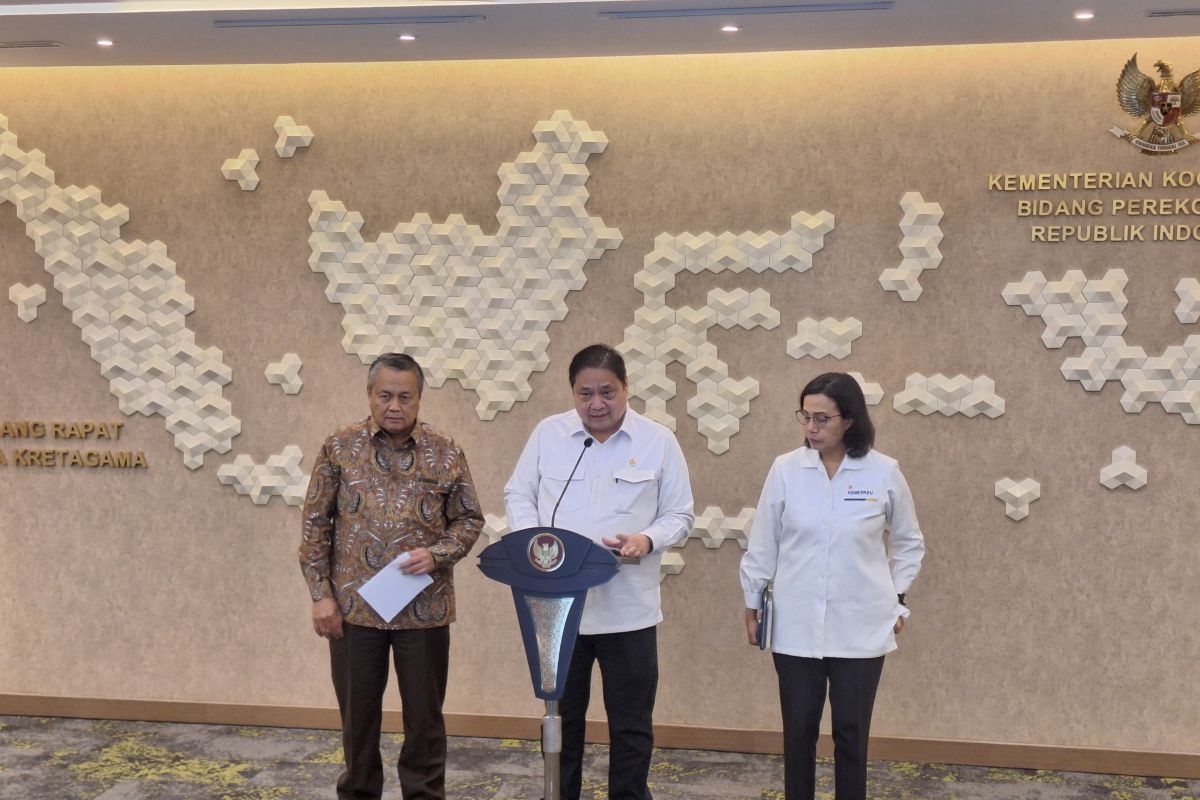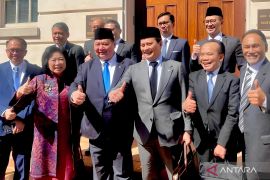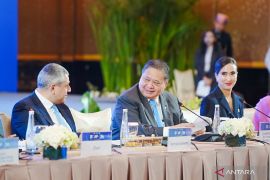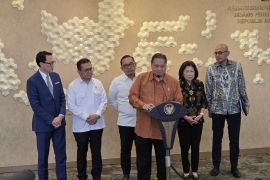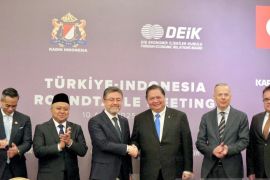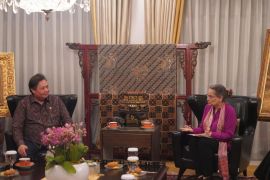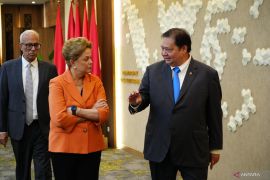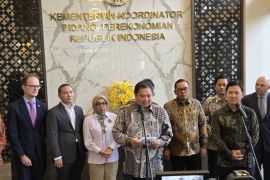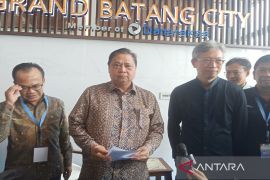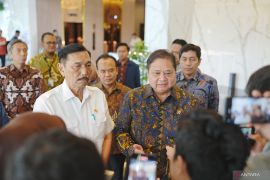The newly established Government Regulation No.8 of 2025, which will take effect from March 1, requires exporters to deposit 100 percent of the foreign exchange earned from natural resource exports into domestic banks within 12 months.
"This is in accordance with the best practices carried out in various other countries, so (it is) not only Indonesia, but Malaysia, Thailand, and even Vietnam do the same thing," he pointed out at a press conference here on Monday.
He explained that the difference between the regulation in Indonesia and other countries lies in the obligation to pay in foreign exchange.
While Malaysia and Thailand require converting the earnings into their local currencies, Indonesia will allow exporters to use foreign exchange to avoid transfer pricing and to ensure the smooth operation of each export company, he added.
"Well, our goal is to have no transfer pricing," Hartarto said.
Given this convenience, the Indonesian government expects export companies to comply with the regulation.
The minister said that companies that violate the regulation would risk export permit suspension.
"Those who do not comply will be given administrative sanctions to stop their exports. So the government continues to monitor the implementation," he emphasized.
Related news: Government formulates strategies to save foreign exchange earnings
The regulation, which was signed by President Prabowo Subianto, is expected to add US$80 billion to Indonesia's forex reserves.
Since 2023, all resource exporters in the country are required to keep 30 percent of the proceeds from each export shipment with a shipping document worth at least US$250 thousand in the local financial system.
However, according to Prabowo, exporters prefer to keep their earnings in banks outside the country.
He added that while his administration supports the growth and sustainability of exporters, it is essential for them to deposit their earnings into dedicated bank accounts, which can be used for various purposes.
He further clarified that the new regulation permits exporters to use foreign currency to pay dividends and non-tax levies.
Additionally, the funds deposited in the special bank accounts can be used to purchase raw materials, supporting materials, and capital goods using foreign currencies.
The foreign exchange earnings deposited domestically can also be utilized to pay off loans taken to procure capital goods.
Related news: Govt stipulates sanctions for exporters violating DHE regulation
Related news: Need to optimize policy on forex from exports for growth: ministry
Translator: Bayu Saputra, Yashinta Difa
Editor: Yuni Arisandy Sinaga
Copyright © ANTARA 2025
